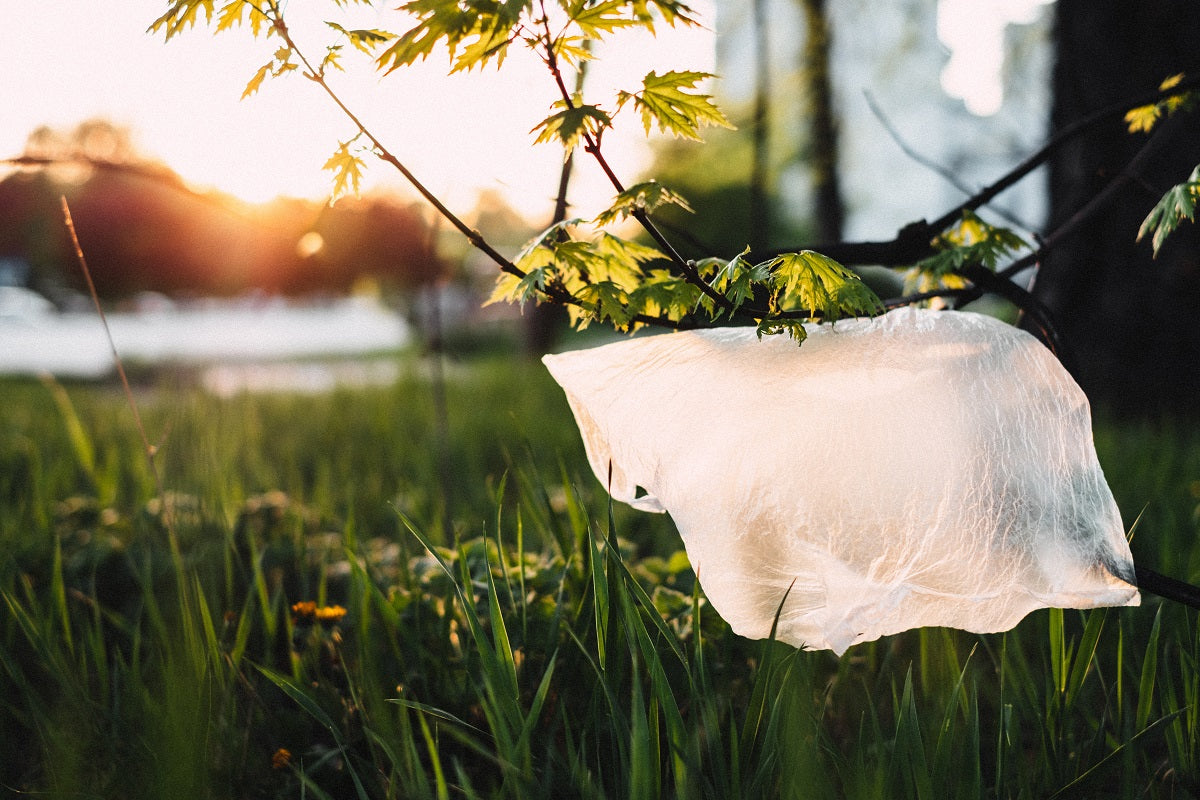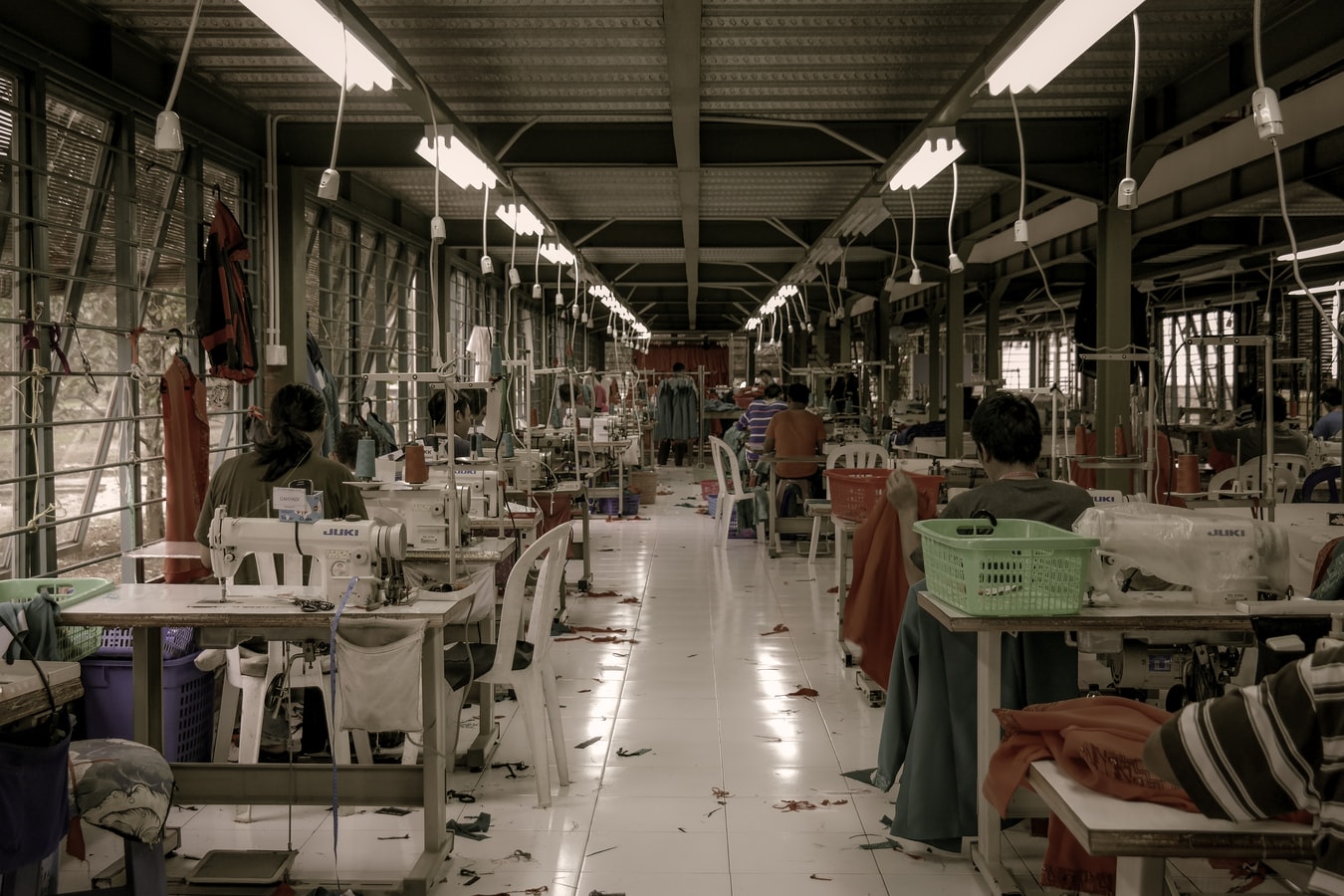Do you pay attention to sustainability in your everyday life?
No matter what your answer is - let's be honest: the vast majority of us could probably do more to reduce our footprint on our planet.
The word sustainability should not simply remain an intangible buzzword. It should become a topic that you can also pay attention to in your everyday life. That's why we've done some research for you and collected simple tips for more sustainability in everyday life.

Sustainable everyday life - you can put these tips into practice now
- Fill up the dishwasher & washing machine
Depending on the model, dishwashers and washing machines can be real energy guzzlers. If we're going to pollute the environment, it should at least be worth it every time. So always fill your dishwasher and washing machine as full as possible before you turn them on.
If you also use the eco program on both the dishwasher and washing machine, you can save even more energy.
- Avoid preheating the oven
Did you know that you can save around 20% electricity if you only switch on the oven when you put your food in?
Preheating the oven is completely unnecessary, as it only uses energy without the food getting any of it. If you only switch the oven on when you actually need it, the baking time will be slightly longer, but the environment will thank you for it.
- Shopping bags instead of plastic bags
A huge amount of unnecessary plastic waste is produced when shopping, not only by the packaging of the food, but also by the plastic bags in which the shopping is then packed.

Admittedly, we are seeing more and more people here who are already using reusable bags, rucksacks or trolleys - but even here, plastic bags have unfortunately still not completely disappeared.
So get yourself a practical bag or another reusable bag for your future purchases.
- Plan your shopping
A very simple tip, but one that is often underestimated: Look at your supplies before you do your shopping.
If you know what you need and plan your shopping, you can avoid food waste much better. An additional insider tip: don't go shopping hungry, because you're not you when you're hungry. Then it's easy to overdo it and you'll probably just buy whatever you feel like.
- Buy regional & seasonal
Eating regionally and seasonally is not only good for the environment, but also for your health and your wallet. Yes, we also like an avocado or a sweet pineapple from time to time, but unfortunately they don't grow in Switzerland.
What's more, many of these products need a lot of water to be grown at all. However, water is often scarce in the growing regions. The huge amounts of CO2 needed for transportation also make it anything but sustainable.
Let's concentrate more on our regional and seasonal food again. Our apples in all their varieties, sweet cherries, strawberries and plums are also unbeatable, aren't they?
- Do without receipts
Whether we're shopping or eating out at a restaurant, we're often asked if we want a receipt. But honestly, how often have you accepted them and thrown them straight in the bin at home?
So simply do without them in future and announce this in advance, otherwise receipts will simply be pressed into your hand.
- Glass instead of plastic
Reducing plastic is incredibly important when it comes to living more sustainably.
If you have the choice between glass and plastic when shopping, opt for glass in future. You tend to use glass more often, which makes it the more environmentally friendly option. What's more, unlike plastic, you won't find any harmful substances in glass.
- Question the textile industry
It should be clear to pretty much everyone that the textile industry is a dirty place. Some of the clothes we can buy in the well-known fast fashion stores are made by children working in inhumane conditions, without protection from dangerous chemicals and for a paltry pittance.

If you want to buy more sustainable clothing, there are a few alternatives. There is already a large selection of beautiful clothing from fair brands that produce sustainably and are completely transparent. If you want to go one step further, simply buy second-hand or organize a clothes swap - there are more and more options in this area too.
Sustainable living with the right furniture
The world of design and furniture is also changing at the moment and Livom is here to help with a sustainable selection of sofas, tables, chairs and outdoor furniture right in the middle of it all. That's why we also have tips for you in the Living & Furniture section.
- Pay attention to the origin of the materials
Trees are felled - we don't have quite as much influence on this as we might like.
Unfortunately, you can find a large selection of furniture made from tropical woods in furniture stores today that carry a sustainability seal. However, the sustainable extraction of tropical wood is an invention.
So why buy a table made from tropical wood when you can also have beautiful furniture made from local tree species?
- Durable is sustainable
Everyone needs furniture and living beautifully is important to us. Unfortunately, too often only the price of the furniture counts and other factors are neglected.
We have all had our experiences with cheap furniture. Whether it's holes that have been incorrectly pre-drilled, sofas that quickly become worn out or closets that have to be disposed of the first time we move house: Cheap furniture often causes us trouble.
A major problem is that cheaply produced furniture is of poor quality and therefore does not last as long as quality furniture. It makes a difference whether you have to buy a new closet every three years or whether it easily lasts 15 years. In the end, it is therefore worth spending a little more money than constantly having to buy new furniture.
Now it's your turn
You've seen: It's actually not that difficult to live more sustainably in everyday life. We can easily implement the vast majority of tips in our everyday lives. We just need to take ourselves by the nose and pay more attention to how we live and consume.
With the footprint calculator from WWF, for example, you can easily calculate your ecological footprint. This test has also shown that we still have some catching up to do when it comes to sustainability in everyday life - but nobody is perfect, right?
We are far from perfect. However, as we deal with the issue on a daily basis, we are also trying to adapt our behavior step by step and make sure we are more climate-friendly when we travel.
What are you doing to live more sustainably in your everyday life? Let us know! 😊





